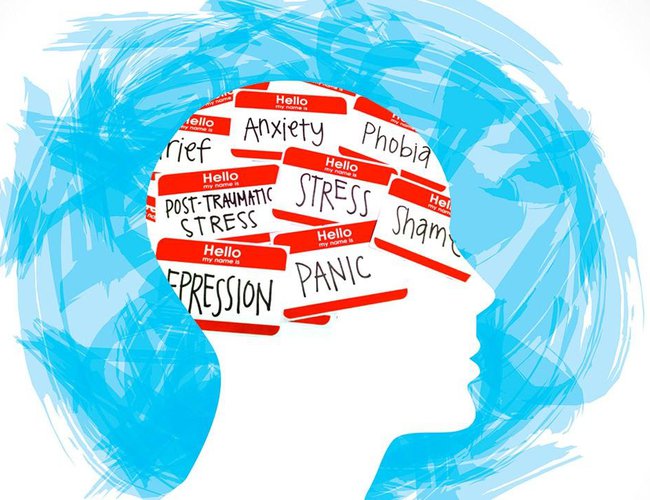
Within a school located in rural Nepal, teachers became increasingly aware of troubling behavioral patterns in a male student. His actions included physical aggression towards classmates, bullying, and a marked disinterest in classroom activities. This situation left the school community feeling frustrated and at a loss to identify the root causes of his behavior. The child lived with an extended family that was also facing a multitude of challenges. Following this, he was referred to the school counselor, who uncovered deeply troubling family issues. The family was affected by various forms of domestic violence and encountered numerous difficulties spanning economic, health, psychosocial, and legal aspects. Among the health issues was the grandmother's struggle with cancer. The dynamics among family members were often tense, sometimes resulting in physical altercations. Additionally, the family lacked understanding of effective parenting techniques. To complicate matters further, the child did not possess his original government documents, as there were no living relatives from either side of his family to assist him. As a result, there was no formal legal evidence of his existence.
Following a thorough evaluation of the family's needs through multiple visits, a comprehensive action plan was formulated. The counselors approached the family with empathy, allowing them to express their grief. With the family's agreement, the counselors initiated their participation in a variety of individual, family, and group sessions, including psychoeducation, workshops, and awareness programs. These sessions addressed essential topics such as stress management, family dynamics, the significance of government documentation, financial management, Income Generation Activities (IGA), health insurance, and parenting skills, delivered at both individual and group levels.
Certain sessions were dedicated to creating a respectful environment where family members could openly share their feelings and perceptions about one another. They explored both the positive and negative traits of each family member, with the team guiding them to concentrate on the positive attributes. Concurrently, they received mental health support from the school counselor. As a result of this support, the family experienced greater stability in their relationships and enhanced their parenting abilities.
This is a great example of how the presence of a school counselor, along with early diagnosis and intervention, can save a child and family from a mental health disaster. A comprehensive plan that includes mental health counseling can help a child cope with life's challenges. Collaboration among school counselors, teachers, families and the community is also essential to providing holistic mental health care.
Students with good mental health demonstrate the ability to process their emotions, which leads to improved coping skills. In addition, mental health and well-being are critical to achieving the Sustainable Development Goals, particularly Goal 3, which focuses on ensuring healthy lives and promoting well-being for all.
In a world struggling with various mental health issues, having a mental health counselor in schools can be a great step in ensuring that children feel heard and supported. School counselors play a critical role in supporting students with mental health issues. They can provide assessment, education, intervention, and follow-up services that positively impact students' behavior at school, at home, and in the community.
Despite the need, there is no specific policy or provision for a school counselor in schools, let alone a policy or plan for children and youth in Nepal. We hear so many stories of students having mass conversion disorders in schools in rural parts of Nepal. Due to the lack of awareness, expertise and proper skills to deal with such issues, they remain hidden by superstition.
In addition, some mental health issues are mistaken for bad behavior in students, leading to punishment without them understanding what they have done wrong. Many behavioral problems in children can be the result of traumatic events, the absence of a stable parent, violent and abusive home environments. Without a counselor, these situations often go unrecognized, whereas a trained counselor with essential resources can support students and promote mental health.
Mental health is a serious issue, yet less than 1% of the total budget is allocated to mental health, indicating that it is not a priority for the government of Nepal. Most of this goes to hospitals and the health care system, making it difficult to implement school-based mental health prevention and promotion programs. In addition, the stigma surrounding mental health prevents it from being recognized. It is now crucial to have proper advocacy to address mental health needs in schools, including a provision for school counselors to ensure that children have a safe place to seek help when they need it.
Meelan Karki is a development professional currently pursuing Masters in Development studies at Kathmandu University..















